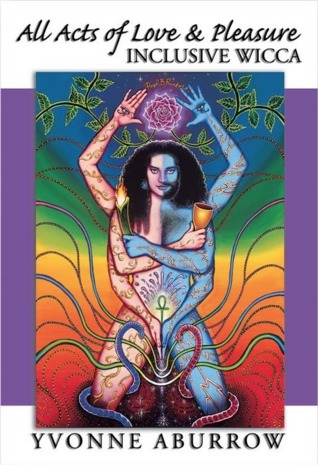A recent sociological study has shown that white people become less racist when they live in ethnically diverse areas, which is a very encouraging finding.

Image courtesy of shutterstock.com
I have always lived in ethnically diverse districts. When I was a student, I lived in a terraced house in Lancaster, in an area that was home to many people of different ethnic backgrounds. In 1988, I went to southern Germany, and was bewildered by the sea of white faces. I think I saw one Black person the whole time that I was there, and a few Turkish people. I missed the availability of food from different cultures, and I missed the diversity of clothing styles.
After I graduated, I moved to Cambridge, and lived in the Mill Road area, also very ethnically diverse. Here is a photo of a mural on the railway bridge, celebrating that diversity.
I lived in South Gloucestershire and North Somerset for ten years, and they were less ethnically diverse. Sadly, Black and minority ethnic friends and colleagues reported a high number of racist incidents, such as being more frequently stopped by the police, finding unpleasant items on the doormat of one’s house, and an assumption that BME people don’t live in the region (except in Bristol). This tends to bear out the findings of the sociological study.
I now live in Oxford, which is very ethnically diverse, has a thriving interfaith body which organises events (and includes Pagans), and has a Christmas tree and a Hanukiah in Broad Street, and has a liberal mosque where the sermons are in English. On the street where I live, in a small suburb, there are two shops run by Muslims, a Polish shop, a hardware store run by a Sikh, a post office run by a Hindu couple, a chip shop run by a family of Italian background, a Caribbean cafe, and a Polish shop. The residents of the houses are equally diverse. Other shopping streets also have many different shops and restaurants, and there are Moroccan, Turkish, Italian, Chinese, Libyan, Russian, Thai, Bangladeshi, Nepalese, and many other restaurants only a bus ride away. On my bus ride into work, there are people of many different ethnicities on the bus, and the same when I arrive at work.
I love living in a diverse area, where I can see faces of many different colours around me, both in the city centre and in the suburbs, where I can chat to people from different backgrounds and cultures and get their perspectives on things, and where I can easily buy food from all around the world.
As Pagans, we should be aware that people of all ethnicities are manifestations of the divine (or however your theology would express that concept).
Then I was standing on the highest mountain of them all, and round about beneath me was the whole hoop of the world. And while I stood there I saw more than I can tell and I understood more than I saw; for I was seeing in a sacred manner the shapes of all things in the spirit, and the shape of all shapes as they must live together like one being. And I saw that the sacred hoop of my people was one of many hoops that made one circle, wide as daylight and as starlight, and in the center grew one mighty flowering tree to shelter all the children of one mother and one father. And I saw that it was holy.
~ Black Elk, quoted in Black Elk Speaks: being the life story of a holy man of the Oglala Sioux (1961), as told to John Neihardt
Where there is acceptance and welcoming towards Hindus, Muslims, Sikhs, and Buddhists, there will eventually also be acceptance and welcoming towards Pagans. If we participate in interfaith dialogue, we can build friendships and alliances with people of other religions.
The subjugation and oppression of Black, Asian, Latino, and First Nations people is part of the dominionist, capitalist, exploitative approach that says that the Earth is there to be exploited and subjugated, and so are other people. it is part of the worldview that claims that industrialisation and mechanisation will lead to increased human happiness, whereas in fact it has led to destruction of habitats, eradication of indigenous people and their life-ways, oppression, and alienation – and the view that any culture that does not buy into the myth of progress and the cult of consumerism is somehow more primitive and less civilised than the over-consuming West. I cannot see how any of this can ever be part of Paganism, and yet there are many Pagans posting racist comments on blog-posts about systemic racism, Ferguson, and the Black Lives Matter protests.
To those of you who do not understand the deep systemic connections between exploitation, capitalism, and systemic racism, I do not know what to say, except, may you gaze deep into the mirror of your own soul, and find a way out of the abyss.
We need to get angry, and we need to get active. We need to value the lives of our fellow human beings as much as we value our own. We need to see all the colours of humanity as sacred, just as Black Elk did. To do this, we need to build bridges between different communities, and learn about each others’ traditions – not force people to live in separate enclaves, ghettos, and barrios where they can never meet.
If you enjoyed this post, you might like my books.






